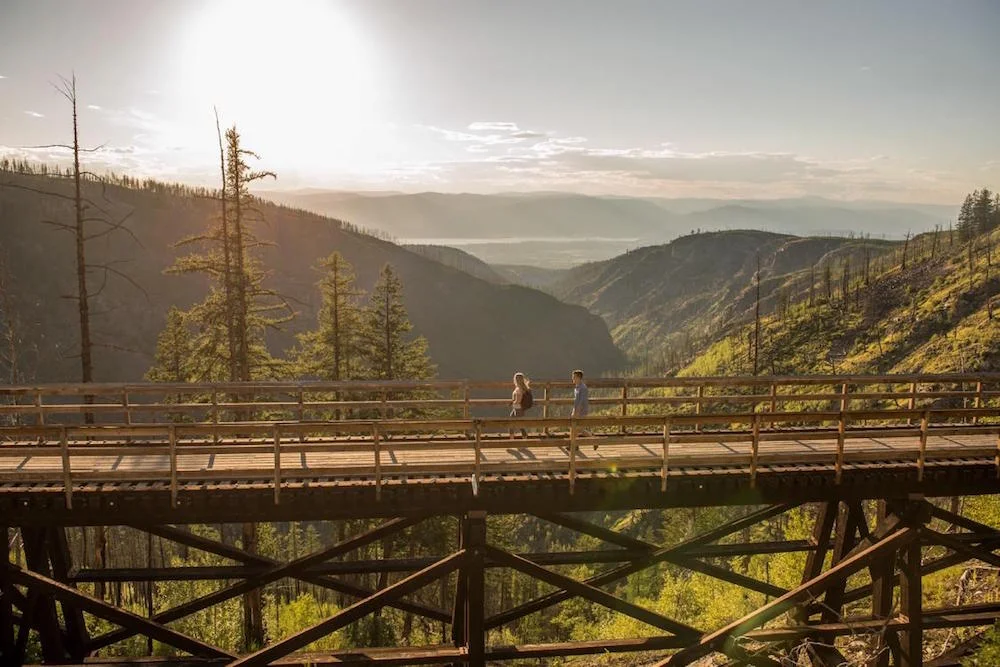19 April — WTTC Global Summit, Buenos Aires, Argentina | The Tourism for Tomorrow Awards are a celebration of the industry leaders who are working towards a greener future and proactively contributing to the United Nation's Sustainable Development Goals. Here are the winners…
Innovation, passion and an unrelenting commitment to long-term goals are what makes today’s responsible-travel heroes stand out. From installing solar panels in Himalayan villages to making Virgin’s in-flight catering more sustainable, this year’s Tourism for Tomorrow finalists reveal a cast of optimism-inspiring changemakers. Organised by the World Travel and Tourism Council, the Tourism for Tomorrow Award judges selects winners from five categories — community, destination, environment, innovation and people. The rigorous five-stage judging process, includes an on-site evaluation of the properties.
Putting community first
When so many of us rely on electricity for every waking moment, it’s incredible to think that more than 100 million people live without power. In Himalayan villages, this not only means dealing with isolation but the health problems endured from burning kerosene lamps inside. In 2015, Paras Loomba set out to bring light to some of these isolated villages and founded a trekking company — Global Himalayan Expeditions (GHE) — to get tourists to the Mustang region to carry and install solar micro-grids. GHE trains the villagers as electrical technicians and households that want to act as homestays for visitors, providing training, support and publicity. GHE is now looking to expand its community-minded trips to mountain regions globally.
Protecting the environment
Airports aren’t renowned for their sustainability creds so it might be surprising to see one winning this award. Everyone needs to do their bit, and even with the carbon-emissions elephant in the room, airports have potential to make a huge difference. Thanks to collaborative efforts with all suppliers, Airport Authority Hong Kong achieved a 25.6% reduction in its carbon intensity and has prevented tonnes of food waste by providing 100,000 meals to those in need.
Intelligent destinations
With increased awareness of the devastating effects of over-tourism —an extreme example being Boracay Island’s recent closure — we’re more in need than ever of positive inspiration. A few ‘intelligent’ destinations are taking the warning signs seriously and committing to turning tourism into a life-enhancing experience for locals and the environment. After discovering that 85% of tourist revenue was made in just 45 days in the year, the Thompson Okanagan Tourism Association decided to act. A long-term strategy to disperse visitors geographically and across the seasons, involved unifying businesses which encourage sustainable actions. This included installing electric charging stations, creating wildlife corridors and supporting indigenous communities, which saw the region become the first in the Americas to have successfully achieved the Sustainable Tourism Destination accreditation from Biosphere International.
Innovating for tomorrow
Imagine the impact if airlines tightened up their supply chains and they served customers ethically-sourced, sustainable food which not only reduced carbon emissions but also supported local food heroes, reduced single-use-plastic and waste? Virgin Atlantic has taken a step in the right direction by partnering with the Sustainable Restaurant Association to engage suppliers with issues ranging from fair farming to deforestation and biodiversity. It’s a long road to a squeaky-clean plate, but Virgin have said that over 50% of their in-flight food is in line with the SRA’s stringent standards. By establishing ambitious targets they hope other airlines will follow suit.
Understanding the value of people
At Cayuga Collection’s hotels and lodges, employees are as local as it gets — at Lapa Rios the team, including management, are 100% Costa Rican and the majority are from nearby Puerto Jimenez. Considered the lynchpins of the business, the team is treated like family. Founder Hans Pfister recently commented, 'no matter how great the installations, no matter how fancy the food, without great employees, no hotel can make it' — and we couldn't agree more. Despite Central America’s pronounced tourism seasons, Cayuga employs staff year-round and provides benefits such as access to medical care, which can, in fact, be life saving.
See the full list of winners and finalists here
Lapa Rios Lodge, Costa Rica, Cayuga Collection

